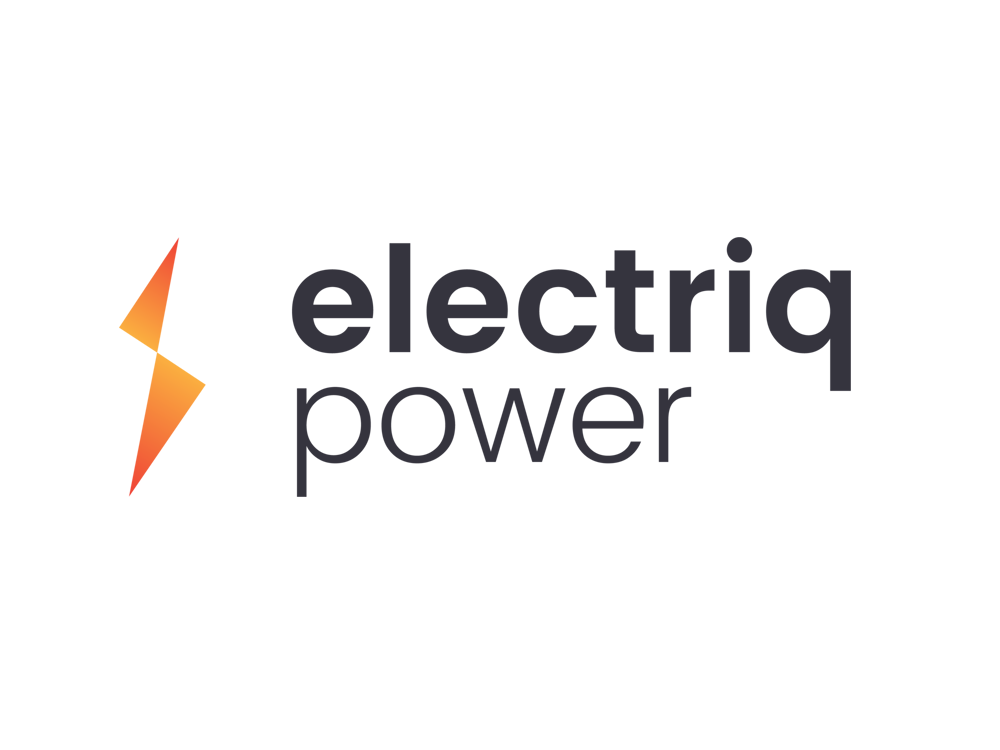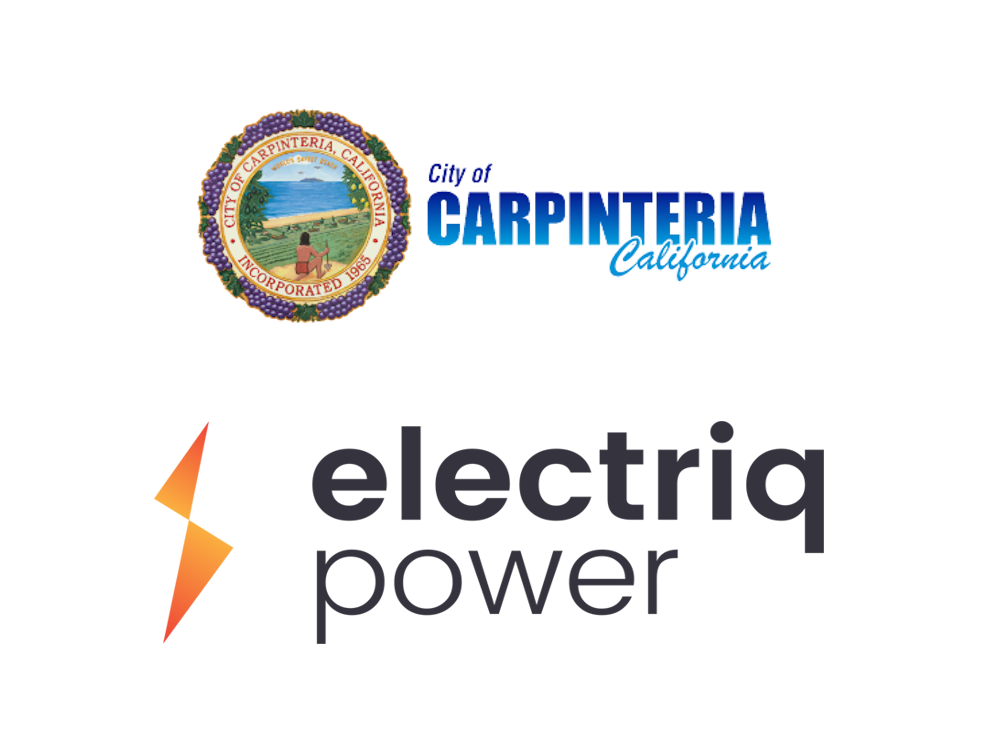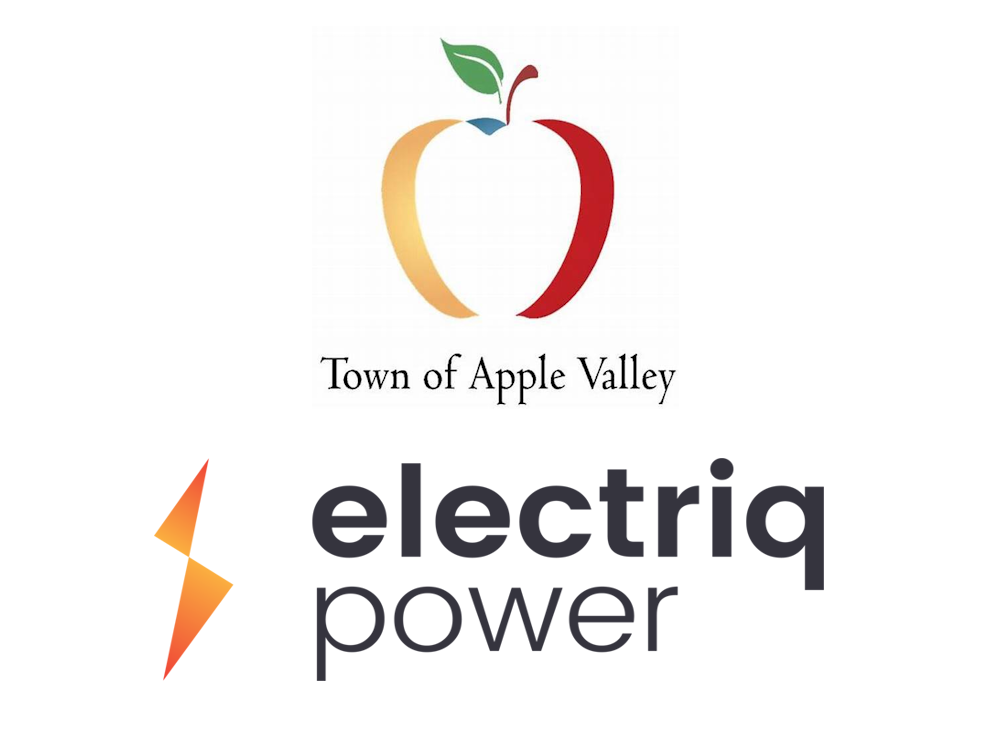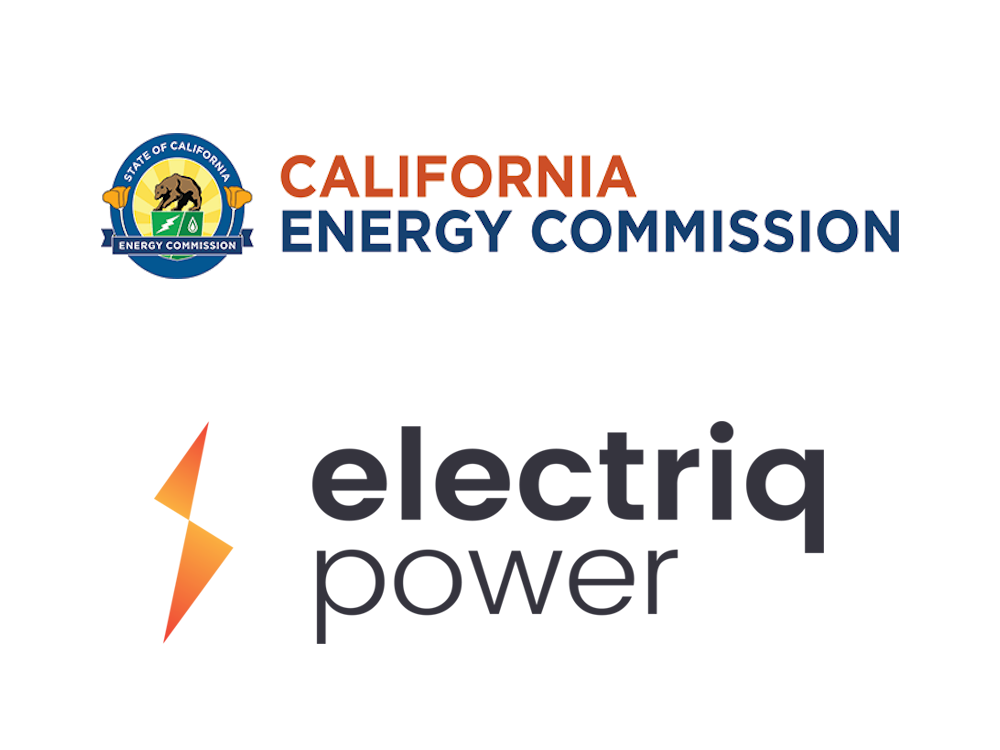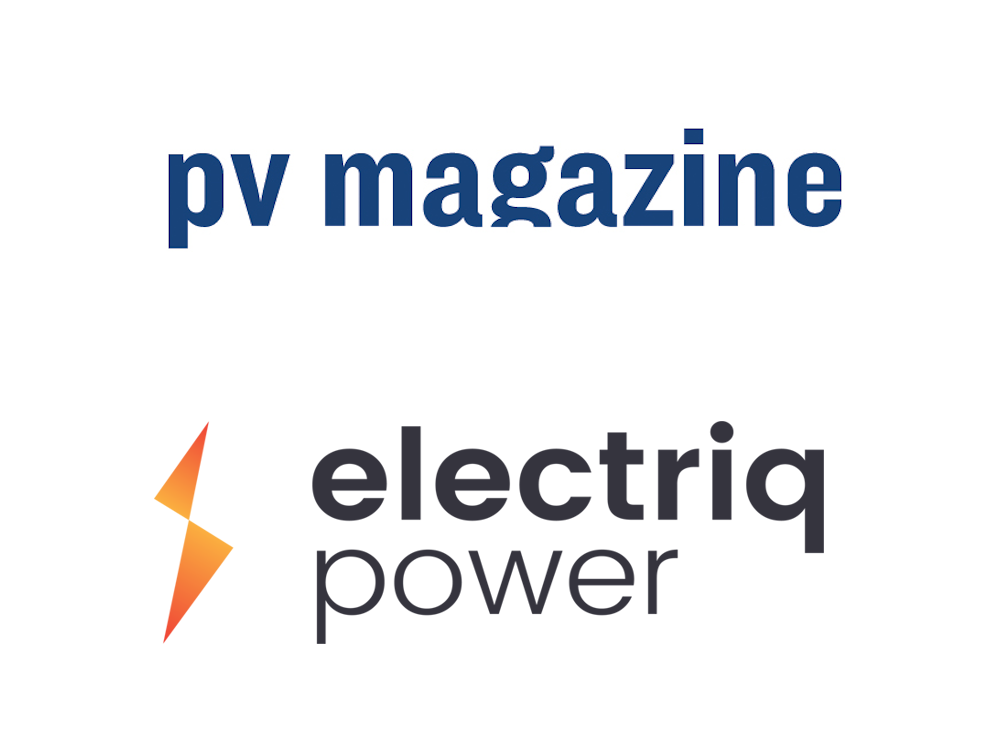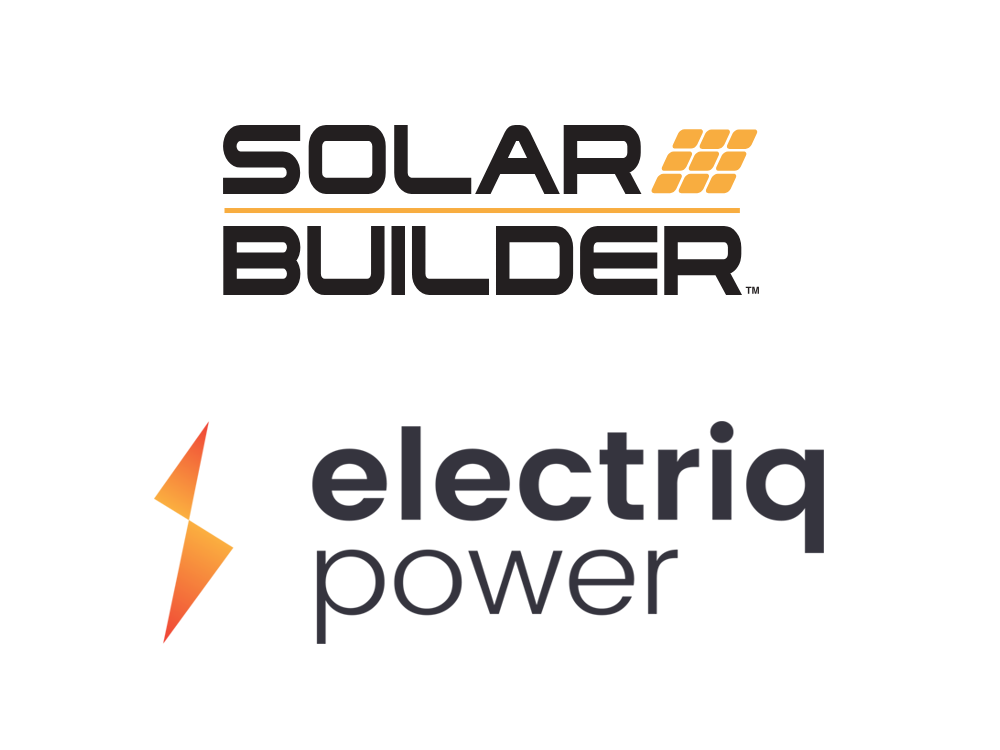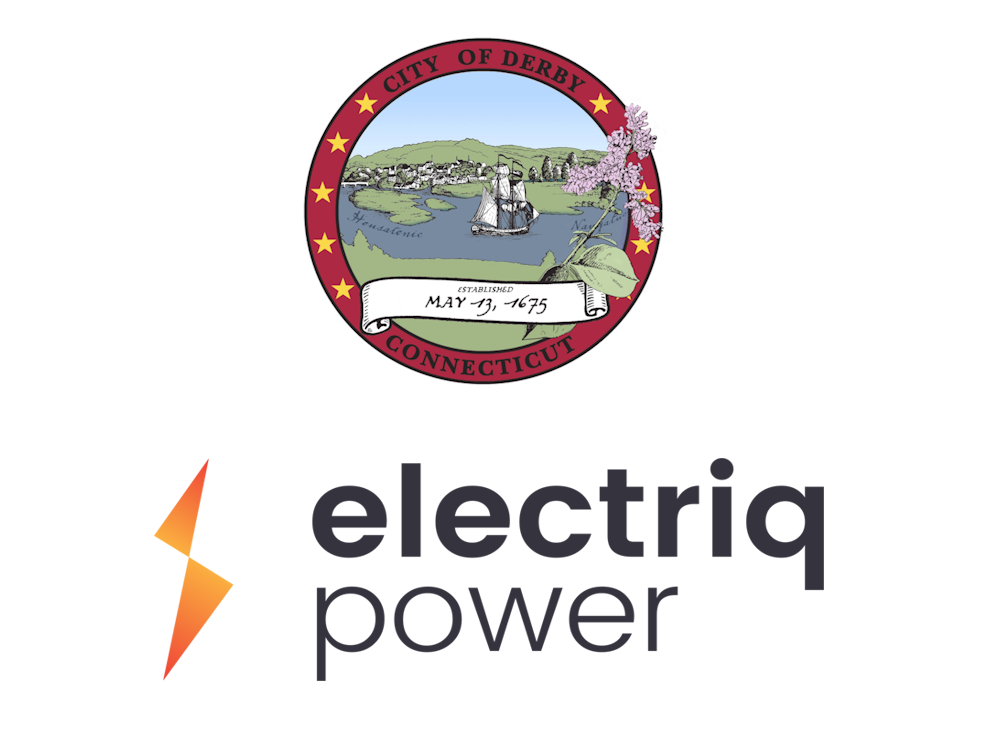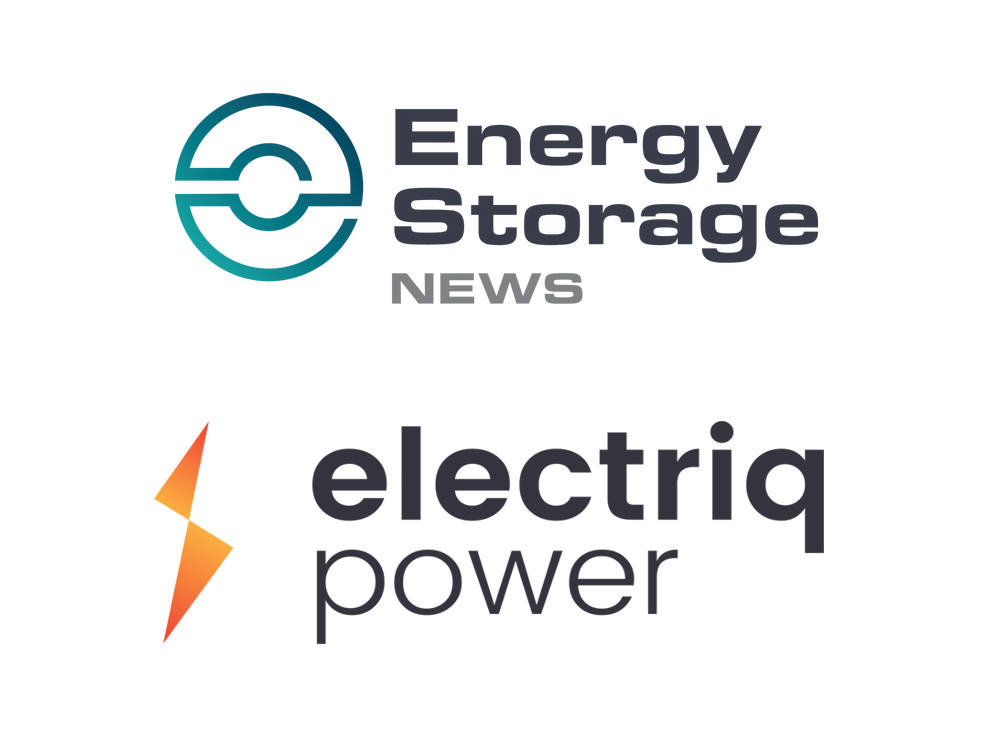5 Energy Efficient Home Upgrades You Can Make Today
Published by on July 8, 2020

Estimated Read Time: 3 minutes
As a modern-day homeowner, there are many factors to take into account when considering any home upgrade. One of the most important considerations you can make is deciding which upgrades today will yield the highest potential energy savings for you and the environment in the future.
Though reducing our energy consumption is one of the most crucial things we can do as a population to help protect the environment, it’s also one of the most overlooked aspects of home renovations. With the right energy-efficient upgrades made, a homeowner can save an average of 30% on their utility bills per year, and avoid an average of 5,500 pounds of greenhouse gas emissions. Your part of making small upgrades today can have a more substantial impact in the future.
Making energy-efficient upgrades to your home might seem like a costly and challenging task for the average homeowner, but the reality is that it doesn’t have to be. Many affordable upgrades can be made within a few mere hours. For larger projects, an abundance of resources and financial options are available. Depending on the project, some choose to sign up for a home renovation credit card while others may consider using a home equity loan if they are taking on a bigger task. These options can help you make your green home dreams a reality.
Let’s take a look at 5 energy-efficient upgrades that you can make in your home today.
- Energy Efficient Appliances – Many homeowners may be surprised to learn that their older appliances could be wasting significant amounts of energy, driving their utility bills to astronomical prices. Seeking out Energy Star certified appliances (an official program of the U.S. Environmental Protection Agency and the Department of Energy) is an easy way to ensure that your upgraded home appliances are the best option for your home and the environment. This process is as simple as looking for the appliances that have the official blue and white star labels within your local store.
- Smart Devices – With the introduction of smart home devices over the past few years a variety of systems have emerged that can empower any homeowner with the ability to control their energy usage. From smart thermostats that control your heat and cooling, to smart lights and our own smart home battery backup systems, reducing your energy consumption has never been easier. Many of these devices can be easily accessed from your mobile device regardless of your present location. This can assist you with simple energy-saving tasks such as shutting off a light or turning the heat down when you’ve already left the house.
- Lighting – Switching your current light bulbs to LED bulbs is one of the most cost-effective and easiest upgrades you can make in your home. Available at almost any store, LED bulbs are capable of using 25-80% less energy and last 3-25 times longer than traditional incandescent bulbs. Alternatively, solar-powered lighting can add value to your home in locations where it makes the most sense, such as patios and backyard spaces. Solar lights are another quick and inexpensive addition you can make to your home in a short amount of time.
- Replacing Windows – Something many homeowners neglect to check for when considering energy improvements is their windows’ effectiveness. When windows are old or unfit for the temperature climate in the home’s geographic location, they can fail to heat or cool a home properly. For example, if an old window isn’t properly sealed off anymore, it can cause the heat or cold air to escape, causing systems to work overtime to control the room’s temperature. This not only creates waste in energy but can also raise your bills significantly.
- Seal Leaky Ducts – Similarly, when air ducts in a home are leaky it can cause a great deal of heating and cooling problems. When there are holes in the ducts, the heated or cooled air often fails to reach its destination. Having your systems professionally sealed can pay for itself in a short amount of time, making the investment well worth it.
Though many of these upgrades may seem small, they can each have beneficial impacts for years to come. Before renovating your house, ask yourself how you can better improve your home’s energy consumption to better your spending habits and the emissions you’re giving off to the environment.




